
Correo más inteligente, negocios más rápidos. Etiqueta, analiza y responde automáticamente a solicitudes, cotizaciones, pedidos y más — al instante.
Tendencias
Zambia Welcomes Its First Third-Party Maintenance Provider
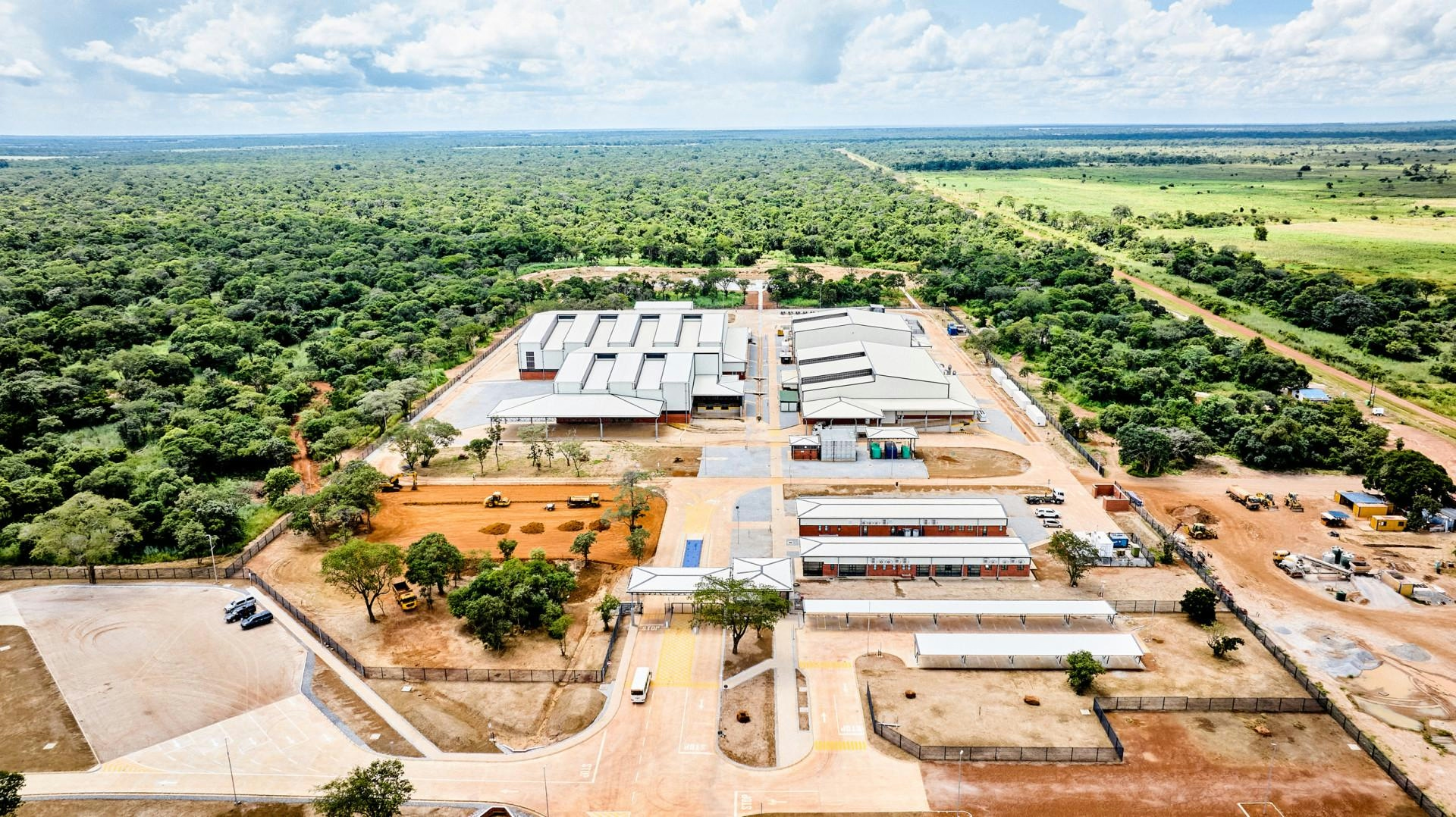
Zambia Welcomes Its First Third-Party Maintenance Provider
A Milestone for Zambia’s Aviation Industry
Lusaka-based ground handling company NAC 2000 has achieved a significant milestone by becoming Zambia’s first third-party maintenance provider. The Zambia Civil Aviation Authority (ZCAA) granted the company Approved Maintenance Organization (AMO) certification in February, authorizing it to offer line maintenance services. This development marks a notable advancement not only for NAC 2000 but also for the wider Southern African aviation sector, where independent maintenance providers remain scarce.
Ephraim Bagenda, AMO and aircraft technical handling project manager at NAC 2000, highlighted the importance of this achievement. He explained that the company recognized both a business opportunity and a chance to contribute meaningfully to the growth of Zambia’s aviation industry. Until now, no third-party maintenance providers operated within the country, making NAC 2000’s entry a pioneering step.
Expansion Amid Growing Demand
Since its founding in 2000, NAC 2000 has primarily focused on aircraft, passenger, and cargo handling services at Kenneth Kaunda International Airport and other locations across Zambia. However, the government’s substantial investment in airport infrastructure, coupled with the rapid expansion of the aviation sector—which now includes four international airports—has created a rising demand for reliable, in-country technical maintenance services. This favorable environment, supported by a proactive regulatory framework, encouraged NAC 2000 to diversify its operations into aircraft maintenance.
The AMO certification process adhered to the International Civil Aviation Organization’s (ICAO) five-phase model, encompassing a pre-application meeting, technical manual evaluations, and a live demonstration of capabilities. Bagenda described the process as rigorous but manageable, attributing their success to thorough internal preparation and consistent support from the ZCAA. Although the certification took longer than initially expected, the company encountered no major obstacles.
Operational Launch and Future Prospects
NAC 2000 has commenced maintenance operations with a small, strategic team of three licensed engineers and is in the process of finalizing service agreements with airline customers. The company plans to expand its workforce and technical capabilities in response to growing demand. Nonetheless, challenges remain, particularly in maintaining regulatory compliance and competing with established international maintenance providers. NAC 2000 anticipates that these competitors may respond by forming strategic partnerships or increasing investments to strengthen their market positions.
Industry observers have responded positively to NAC 2000’s entry, suggesting that the presence of a local third-party maintenance provider could enhance Zambia’s aviation infrastructure, attract more aircraft for servicing, and stimulate further investment in the sector.
Addressing Talent Shortages and Long-Term Vision
To tackle the shortage of local technical talent, NAC 2000 is collaborating with the Zambia Air Services Training Institute (ZASTI) and the Ministry of Education to establish a sustainable pipeline of homegrown engineers. Bagenda noted that while ZASTI once produced many skilled engineers, output had declined in recent years. The institute has since revamped its programs, and NAC 2000 is working closely with it to reduce reliance on expatriate personnel.
Bagenda acknowledged the significant capital investment required for specialized tooling and certification but expressed confidence in the company’s prospects. He emphasized that NAC 2000 offers international standards at competitive rates, supported by qualified personnel and modern equipment.
Looking ahead, NAC 2000 aims to broaden its service offerings to include heavier maintenance tasks such as C checks and base maintenance. The company envisions positioning itself as a comprehensive maintenance, repair, and overhaul (MRO) hub for Zambia and the broader region. As Bagenda stated, “This is just the first step.”
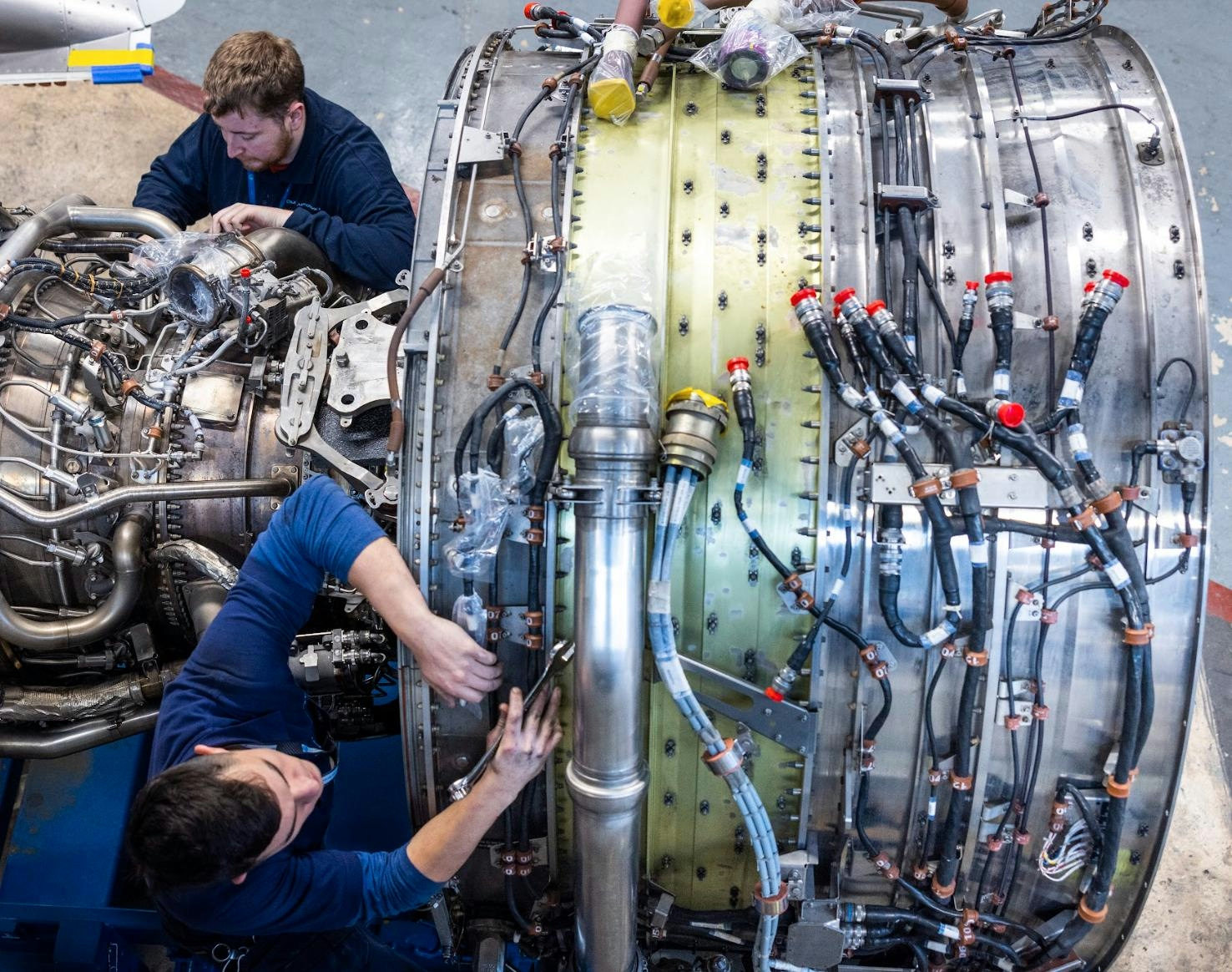
Expanding Aviation MRO Capabilities in Ireland
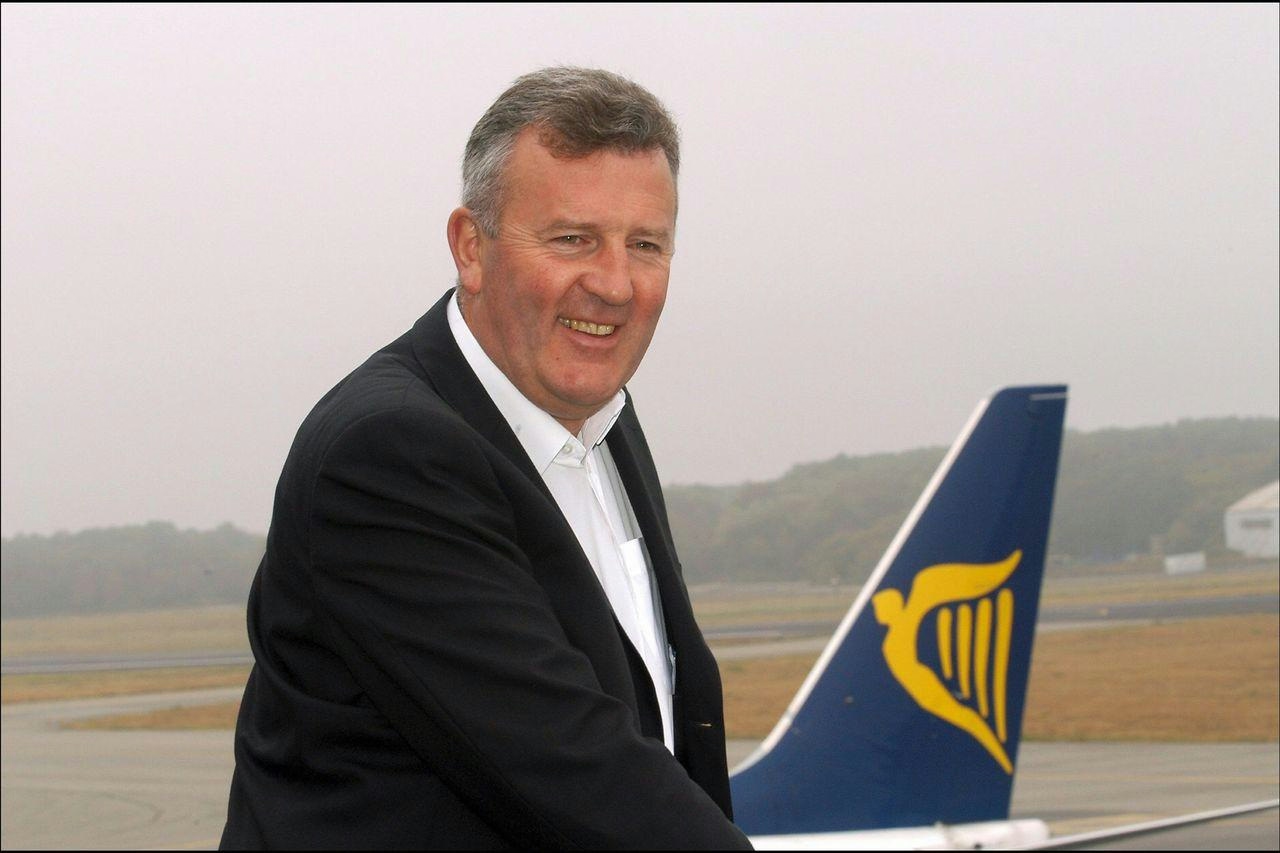
Ryanair Executive Michael Cawley Discusses Technology and AI Strategy
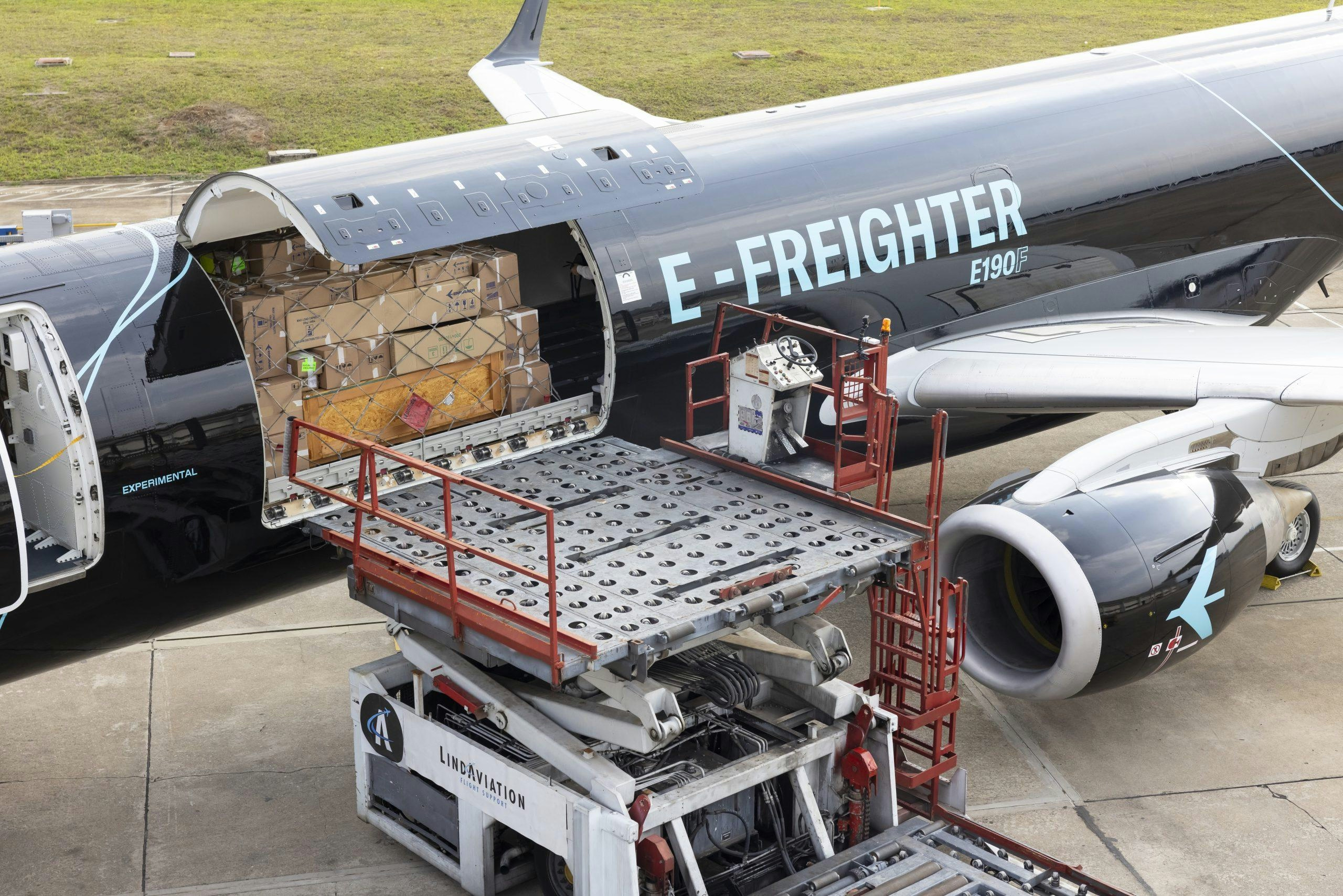
Malaysia Seeks Airbus and Embraer for MRO and Supply Chain Hub
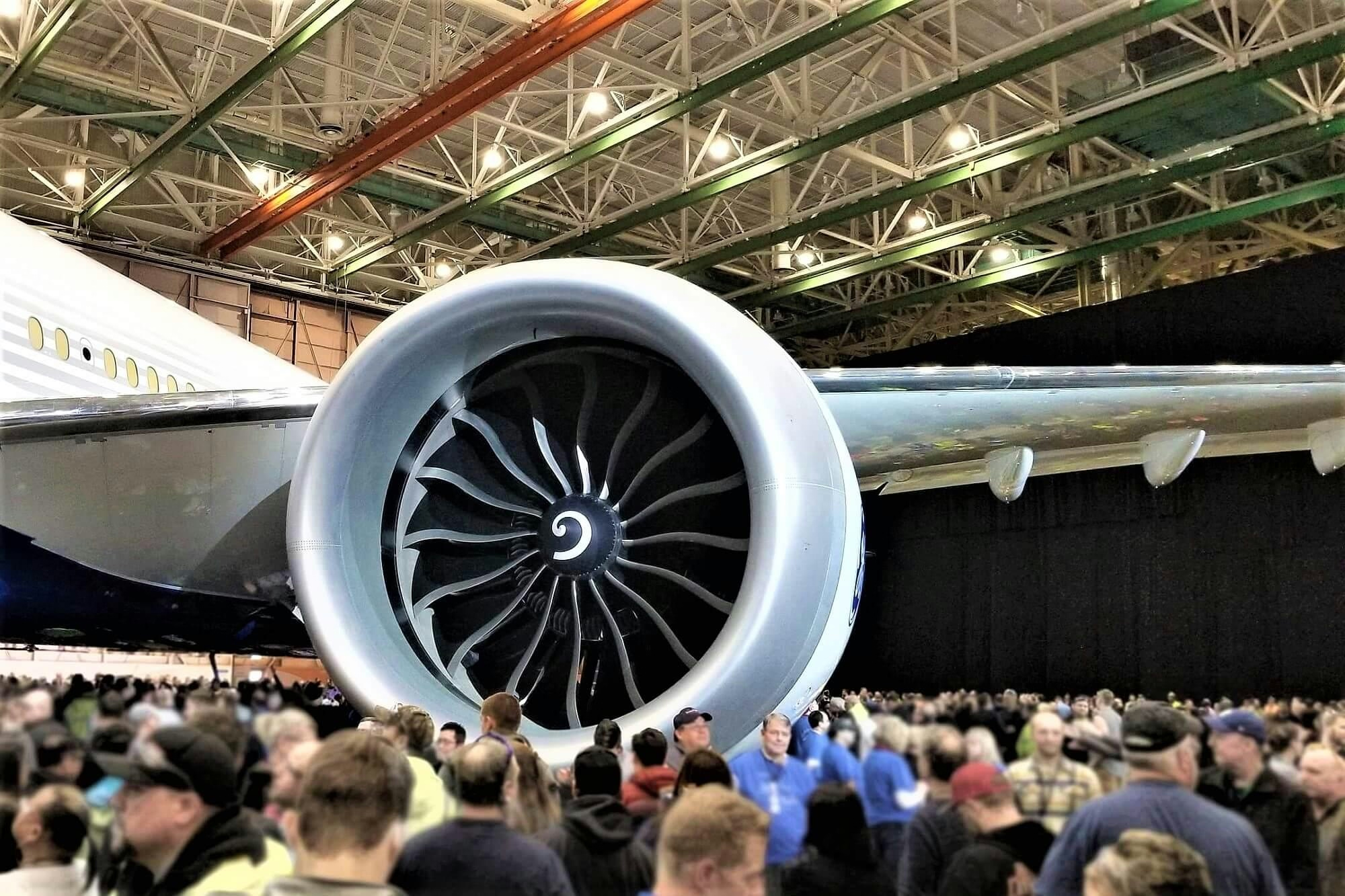
China Airlines Selects GE Aerospace for GE9X Engine Maintenance
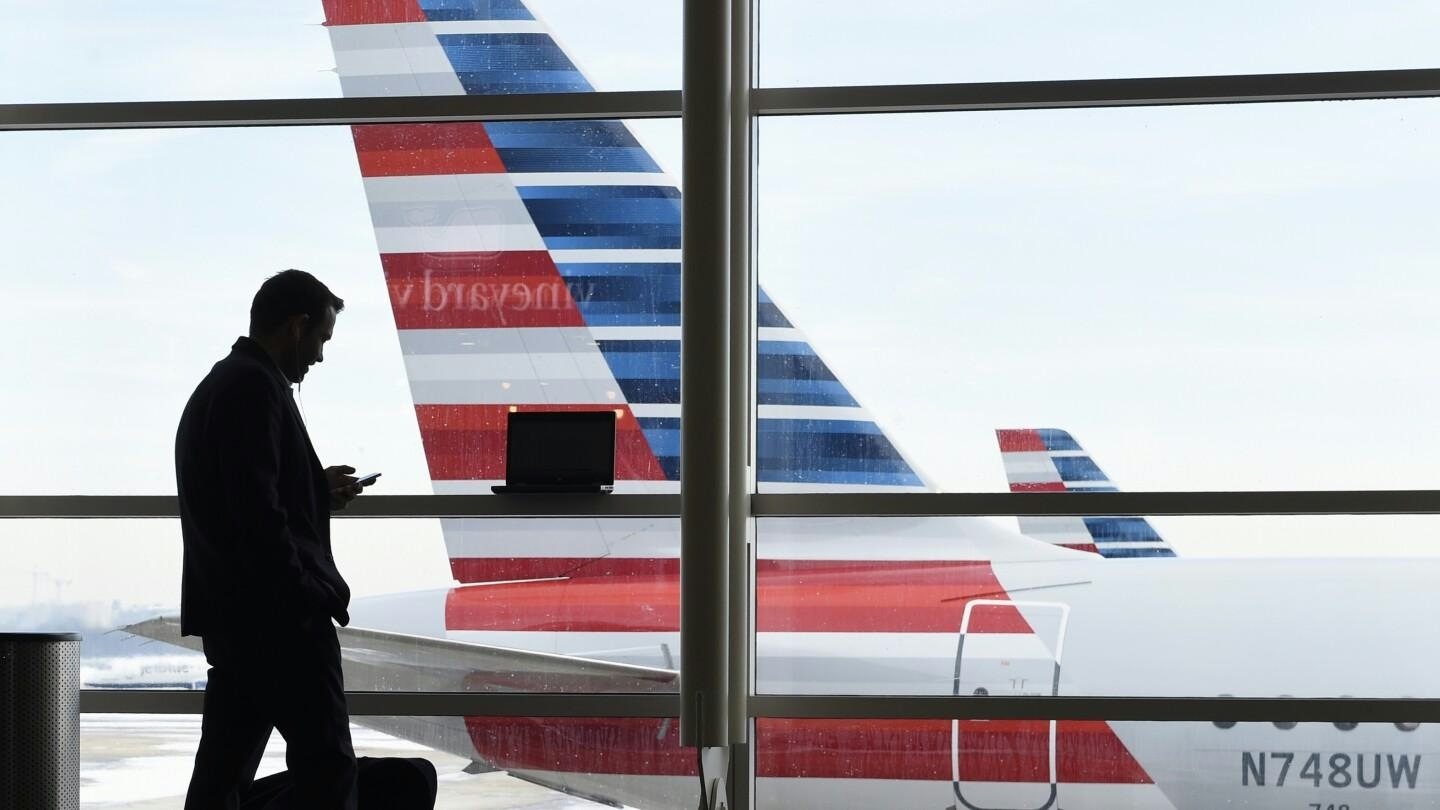
American Airlines Uses AI to Digitally Transform Travel

South Korea to Cancel AH-64 Apache Helicopter Order Amid Budget Cuts
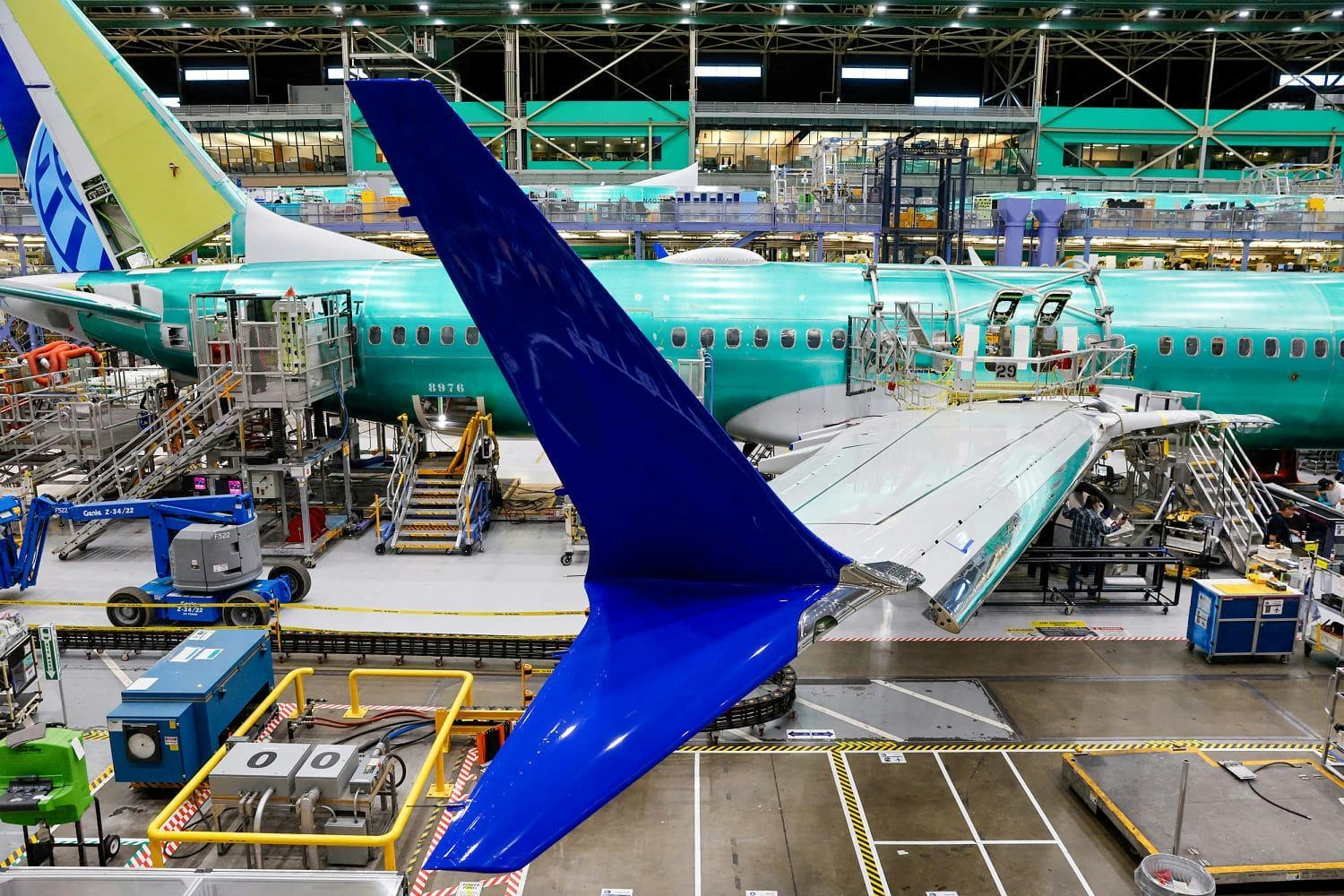
GE Aerospace and China Airlines Forge Strategic Partnership in Asia-Pacific Aviation

Ask Paul: Is This Engine at Risk of Failure?

Spain, Belgium, and Hungary Advance Sustainable Aviation with Wizz Air’s SAF Trials
